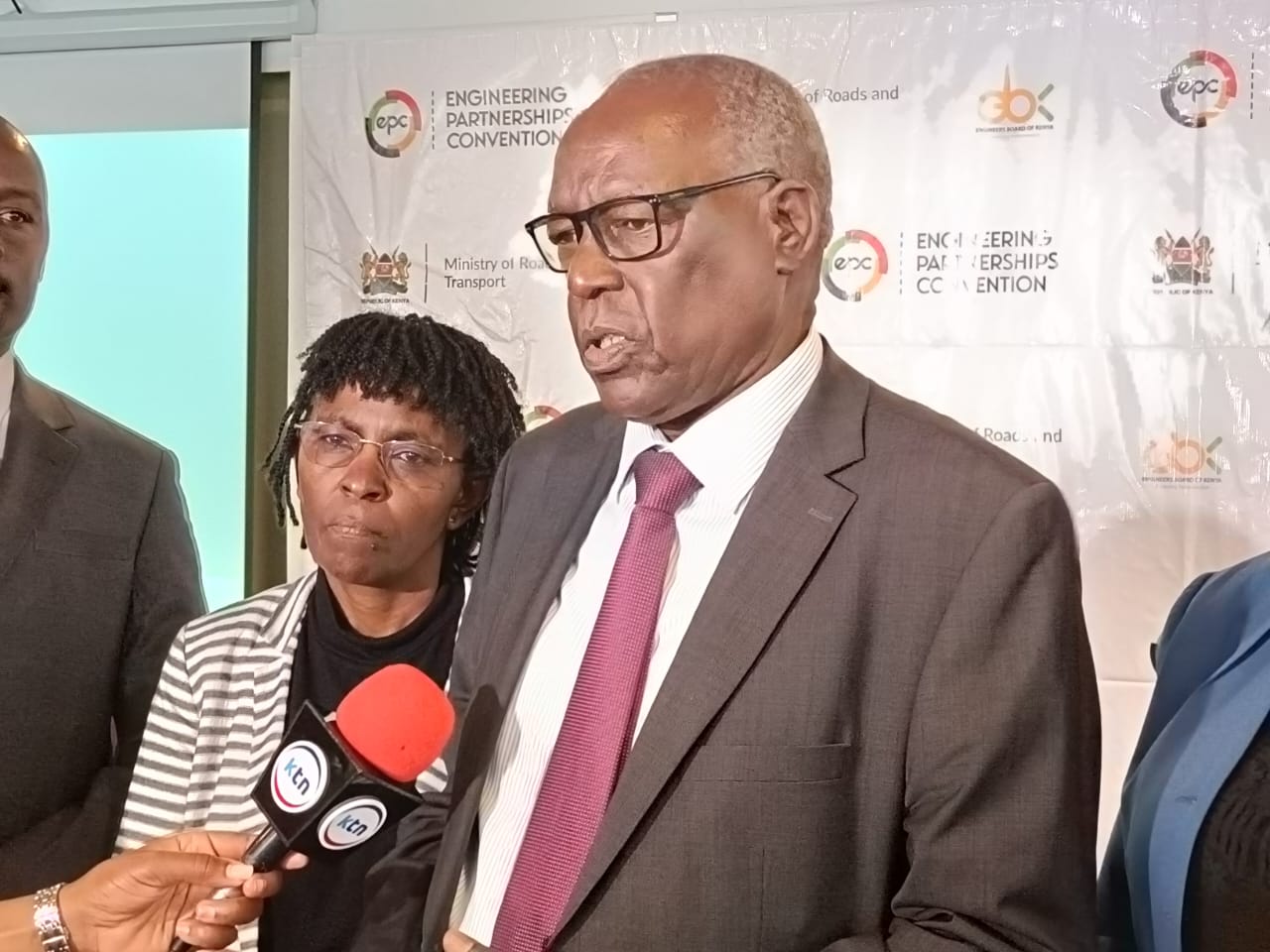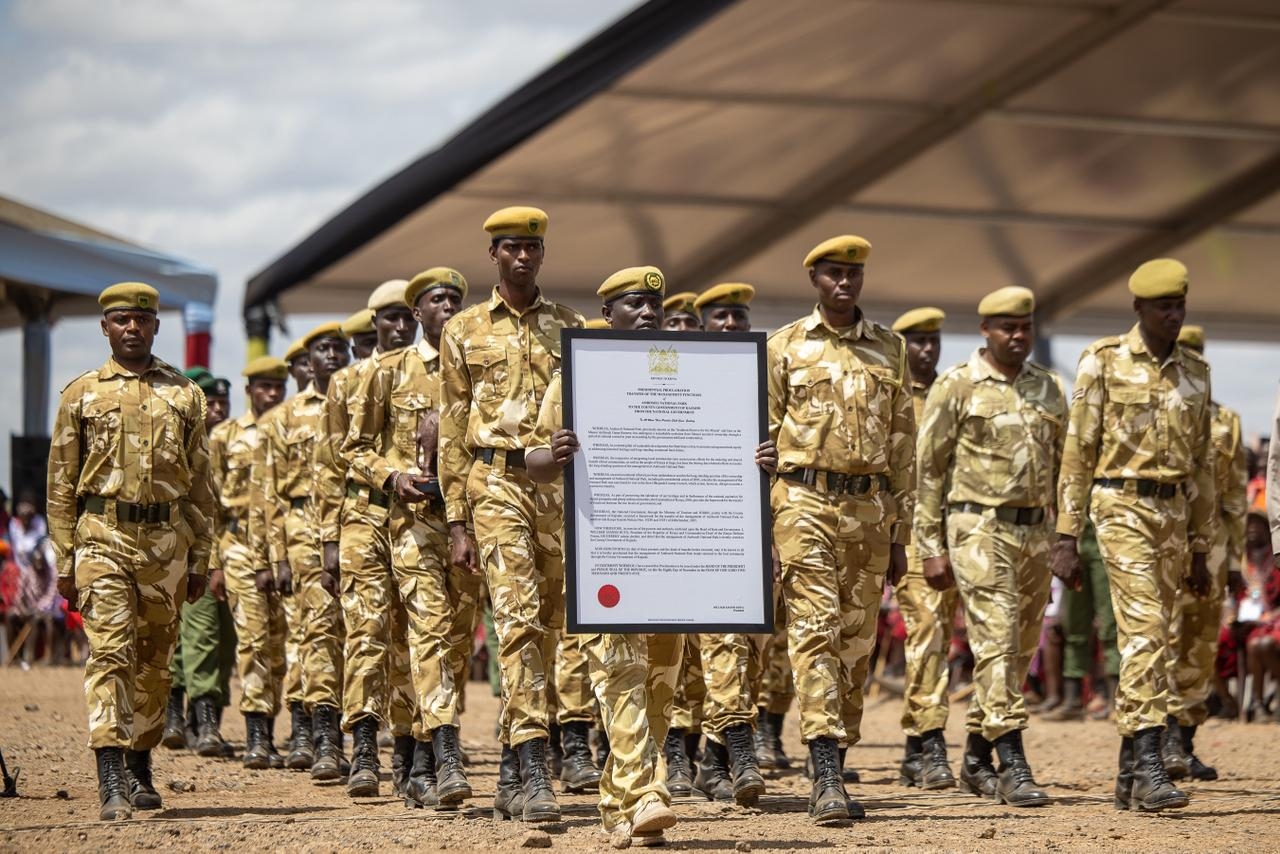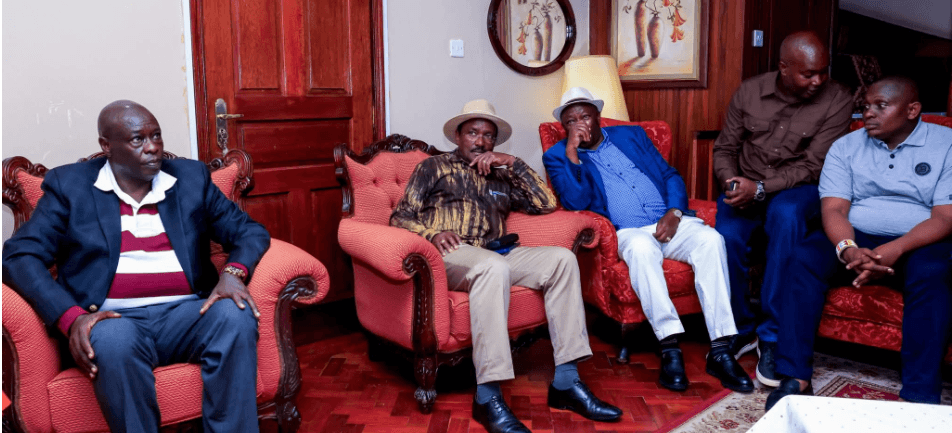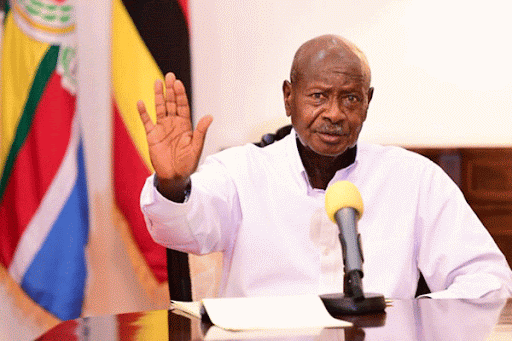
 The president of the Association of Consulting Engineers of Kenya Jane Mutulili and EBK Chairman Erastus Mwongera during the launch of the 2024 Engineering Convention
The president of the Association of Consulting Engineers of Kenya Jane Mutulili and EBK Chairman Erastus Mwongera during the launch of the 2024 Engineering Convention
The Engineers Board of Kenya (EBK) has confirmed that professionals in Kenya will now be able to work across East Africa without the need for further training.
This is after Kenya and four other East African Community partner states fully operationalised the Mutual Recognition Agreement (MRA), allowing engineers registered in one-member country to practice across the region without redundant re-certification.
Speaking during the launch of the 2025 Engineering Convention, EBK Chairman Eng. Erastus Mwongera revealed that Kenya, Uganda, Tanzania, Rwanda, and South Sudan have already signed the pact, streamlining labor mobility for engineers.
Burundi, the Democratic Republic of Congo (DRC), and Somalia are currently under mentorship to join the framework.
"When engineers are registered in Kenya and they get jobs within East Africa, they don’t have to start the registration process again. They simply present an introduction letter from their registrar to their host country’s registrar and are accepted into the system,” Mwongera explained.
The board noted that in alignment with the African Union's Agenda 2063, which envisions unrestricted professional movement across the continent by 2030, Kenya is leading efforts to extend the MRA model beyond East Africa.
A national task force, spearheaded by the EBK registrar, is currently exploring expansion strategies and best practices to ensure mutual standards and certification procedures are upheld across the continent.
“As you are aware, the Agenda 2063 of the African Union says that by 2030 we should have repolarised our borders, so that professionals can train unlimitedly in these borders. So we are in discussion on that. Kenya is led by the registrar. There is a task force which is looking at this, and we hope this will also go well,” added Mwongera.
Kenya is also pursuing membership in the Washington Accord, an international accreditation system for engineering degrees, by next month (June 2025).
This would elevate Kenyan engineers to global recognition, enhancing competitiveness and exportability of engineering services.
This push toward international integration comes at a time when Kenya’s engineering sector is evolving rapidly, with over 27,000 engineers listed on the International Engineering Register and 4,000 recognized as professional engineers.
The country is also addressing a shortfall of 6,000 engineers to meet the UNESCO-recommended threshold for its level of development.
“And we have recently published the Kenya Gazette in the Engineers Register, where we have 2,300 already in that register. So we are looking forward to the agenda, which we think the number will go up. These are the engineers who are licenced to do engineering work in the country,” said Mwongera.
This year’s Engineering Convention is expected to bring together 1,000 physical delegates, with about 700 having signed up.
The 7th–9th October convention, themed "Engineering and the Digital World" will address AI, Internet of Things and digital transformation in the sector.
“The three days of discussion will of course touch on a lot of heavy policy, around how are engineers embracing digital tools, and how are they going to contribute. As we move towards AI, a lot of the way we will be doing the work, is going to be very unable. It is going to change dramatically,” said the president of the Association of Consulting Engineers of Kenya Jane Mutulili.
Kenyan engineers have since been urged to capitalise on emerging sectors such as artificial intelligence, cybersecurity and smart infrastructure for growth and driving the country’s economy.
According to Roads and Transport CS Davis Chirchir, this is on the back of a growing global digital economy valued at $11.5 trillion in 2024 and projected to reach $16.5 trillion by 2028, highlights the vast potential for engineers to elevate Kenya’s economic trajectory.
“In Kenya, our engineers have positioned us as a leader in mobile and internet penetration in Africa, as evidenced by our ranking in the Inclusive Internet Index 2022. Their work underpins key sectors such as transport, energy and telecommunications, significantly contributing to our GDP and creating countless jobs,” Chirchir said.
EPC 2025 aligns seamlessly with Kenya’s transformative frameworks, including the Bottom-Up Economic Transformation Agenda (BETA), Vision 2030, and Africa’s Agenda 2063.
The Kenya Kwanza’s BETA prioritises the Digital Superhighway, with plans to expand the national fiber-optic network by 100,000 kilometers and establish 25,000 public WiFi hotspots, enhancing access to digital services for businesses and communities.
Vision 2030 emphasises the digital economy as a driver of industrialisation, supported by Kenya’s five-pillar digital economy framework: digital infrastructure, digital government, digital business, innovation-driven entrepreneurship, and digital skills and values.
Agenda 2063 envisions a prosperous and integrated Africa, reliant on engineers to build the infrastructure that connects the continent.
“All these underscores the critical role of engineering in achieving inclusive and sustainable development", said Chirchir.




![[PHOTOS] Ruto dazzles in colourful maasai outfit](/_next/image?url=https%3A%2F%2Fcdn.radioafrica.digital%2Fimage%2F2025%2F11%2F8ccfbfe5-a43a-49b3-88f4-b99a41be4594.jpeg&w=3840&q=100)











